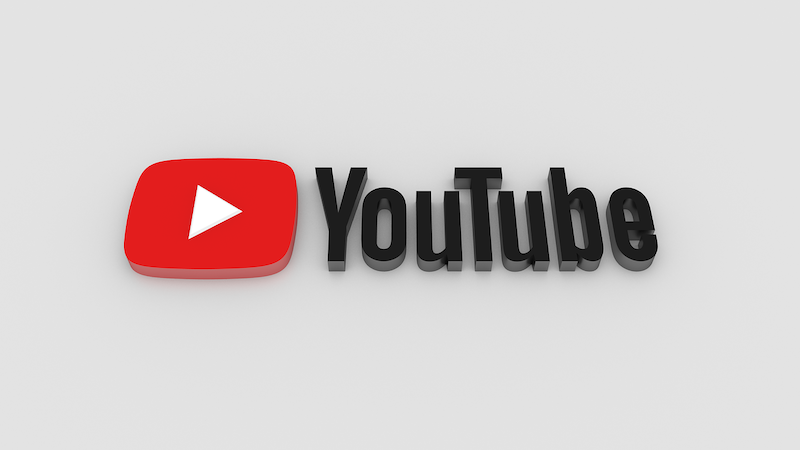Deleting hate and incitement is more than just a full-time job for YouTube. But time and again, videos disappear unjustly. One such video could now cost the platform a whopping 100,000 euros. It would be the highest administrative fine in history.
YouTube is busy deleting videos and channels that distribute illegal content. But the decisions are often a balancing act. In the first quarter of 2021 alone, the platform deleted a total of 85,247 videos for hate speech. In 2020, the total was nearly 370,000 pieces of content.
Content is also deleted illegally
One of those videos from 2020, however, flew off the platform unjustly. At the end of January 2021, YouTube deleted a video by a Chemnitz user about Corona protests in Switzerland.
The 25-minute clip shows a protest against the Corona measures in Switzerland. Excerpts from speeches are shown, as well as original sounds from the participants.
The video remains on the platform for two days, after which it is deleted. In its justification, the Google subsidiary refers to the “Medical Misinformation Policy on COVID-19.”
Users must be able to agree to YouTube guidelines
But at the time of the upload, the new, stricter terms of use had not yet applied. The video platform’s decision was therefore wrong, ruled the Dresden Higher Regional Court.
YouTube should have asked its users for their consent to the new rules, for example, via a pop-up window. A mere notice was not sufficient, according to the OLG.
On April 20, 2021, the court therefore issued an interim injunction. According to this, YouTube was to immediately put the video about the Corona protests back online.
YouTube took its time, however, and the video did not reappear on the platform until May 14, 2021 – three and a half weeks later.
YouTube lets too much time pass
Too late, as the Dresden Higher Regional Court has now ruled on July 5, 2021. The court has ordered YouTube to pay an administrative fine of 100,000 euros for dilly-dallying, Welt am Sonntag quotes from the decision.
This penalty is “an extraordinary sum for German courts,” writes editor Christina Brause in Welt am Sonntag.
YouTube, on the other hand, justifies the delay by saying that it first wanted to “carefully weigh the respective consequences of the decision of the Dresden Higher Regional Court and its possibilities.”
As a result, the platform has now incurred a hefty fine. But YouTube is obviously not particularly impressed by this.
Historically high regulatory fine
Welt am Sonntag quotes a spokesperson as saying, “We have a responsibility to connect our users with trustworthy information and combat misinformation during Covid-19. This is a case-by-case decision that we will respect and review accordingly.”
Joachim Steinhöfel, the user’s lawyer, on the other hand, sees the court’s decision as a landmark: “With the historically high order fine, the Higher Regional Court makes it very clear that court decisions must be observed without restriction, regardless of whether YouTube assumes a violation of its guidelines or not.”






